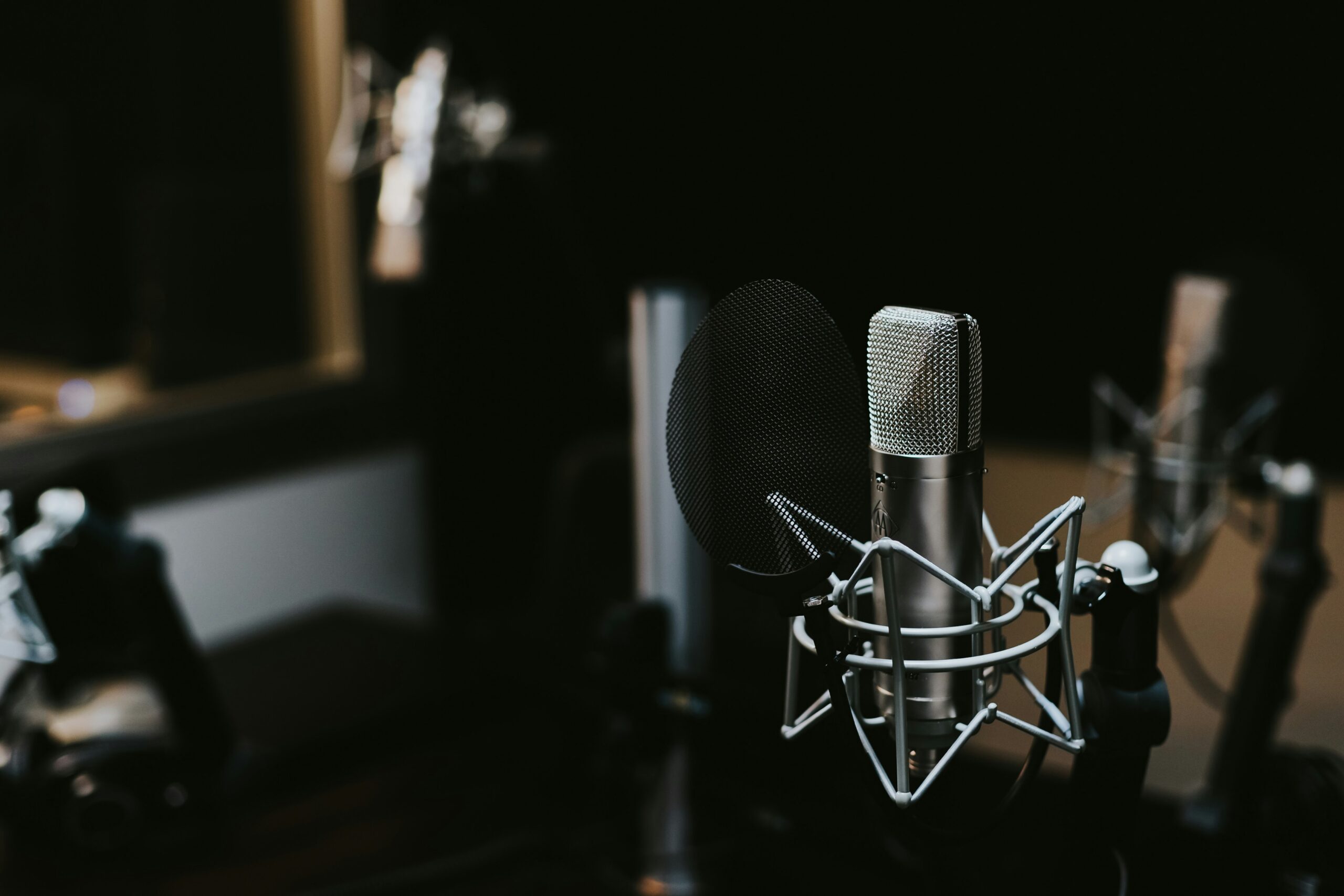Radio interviews can be a brilliant way to reach a wide audience but are often well outside people’s comfort zone. But if you understand how to prepare for a live radio interview it needn’t be quite as daunting.
Preparing for the interview
Before agreeing to the interview, be very clear about who will be interviewing you and how long the interview is likely to last. Radio interviews tend to be only two and a half minutes long, which can either feel like a lifetime or go by in a flash.
You’ll need to be well-prepared, as it will most likely be live, requiring you to think on your feet and respond to the host’s questions. Additionally, despite being a radio interview, stations often make videos for their social media channels, so consider how you look as well as how you sound.
It’s imperative that you are familiar with the radio station, the host, and their audience. Make sure you listen to the show to get a real understanding of its style and flow. Tailor your message and language to resonate with them.
During the interview
Aim to treat the interview as a conversation with the host rather than a monologue, and be sure to be yourself. Listeners want to hear real people, so whatever you do, don’t write a script. While it’s crucial to stay on topic and convey your key messages, you don’t want to sound scripted and unnatural. It is, however, worth writing down a couple of bullet points to help you focus on the points you wish to cover.
Then practise. Practise. Practise. Speak clearly and confidently, but be careful not to speak too fast. Make sure you don’t ramble, as you’ll lose the listener. Avoid giving overly short answers that kill the flow of conversation.
Remember to keep your energy up and share relevant anecdotes and stories. Finally, remember to smile – listeners can hear it.
Tips for success
- Do your homework: Understand the radio station, the host, and the audience.
- Stay on message: Focus on key points but avoid sounding scripted.
- Practice makes perfect: Rehearse to build confidence and clarity.
- Engage naturally: Treat the interview as a conversation.
- Be concise: Keep answers clear and to the point.
- Maintain energy: Use anecdotes and stories to keep the audience engaged.
- Smile: It makes a difference in how you sound.
Final thoughts
Understanding how to prepare for a live radio interview can significantly impact your performance and enhance your media presence. With these tips and a bit of practice, you’ll be well on your way to making the most of your radio opportunities.
To talk about how radio can be used to reach your key target market, please feel free to get in touch.
